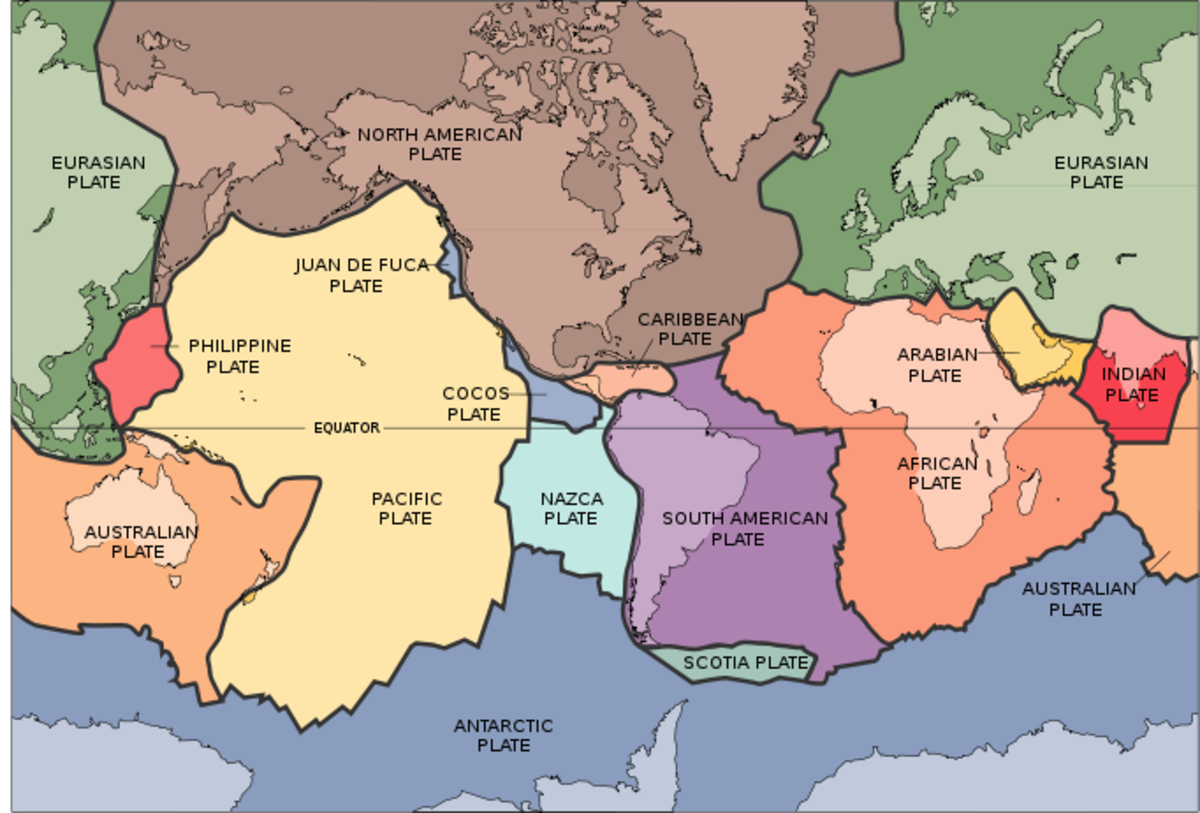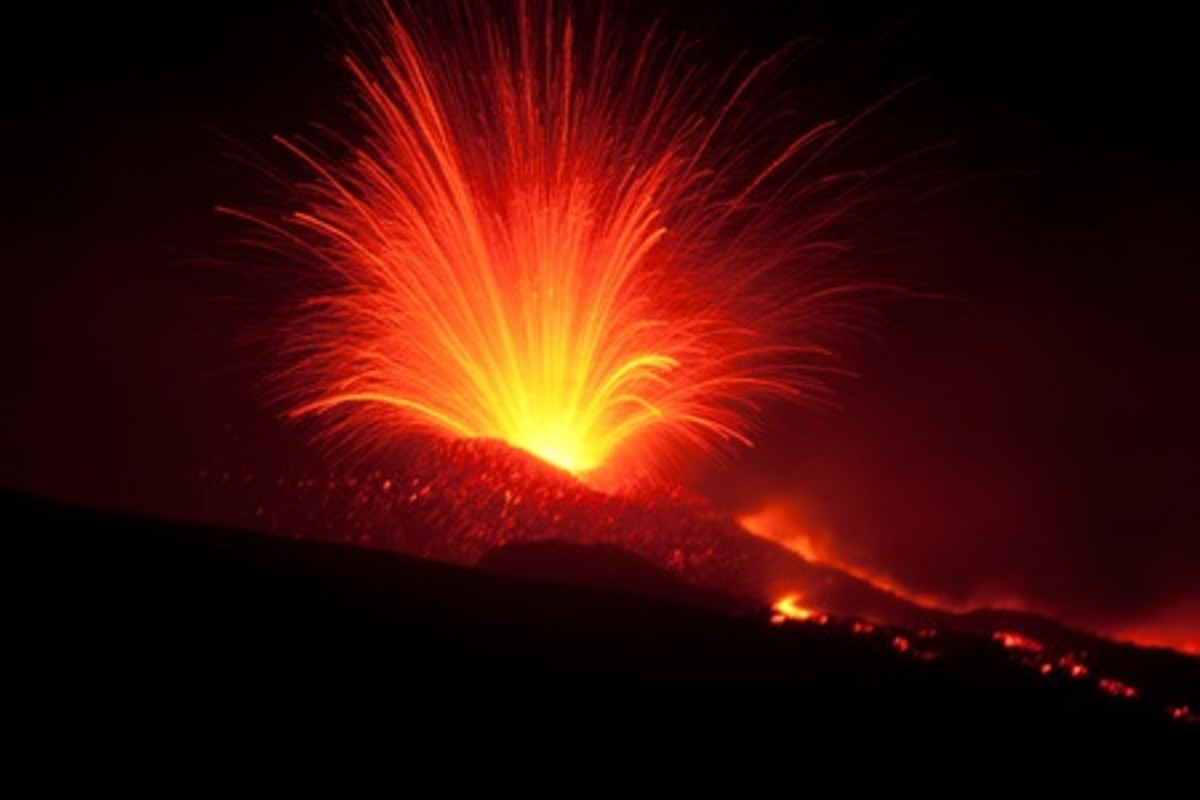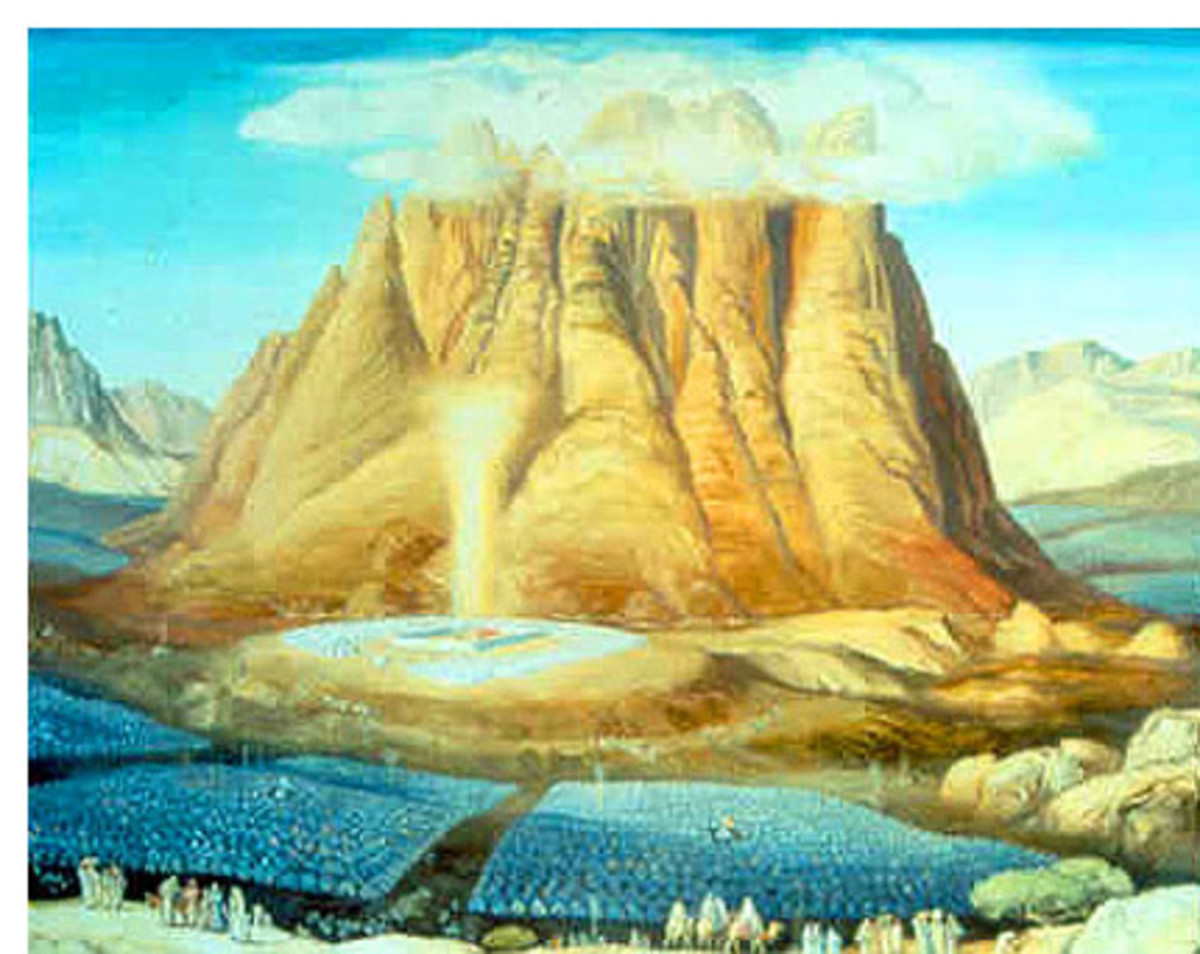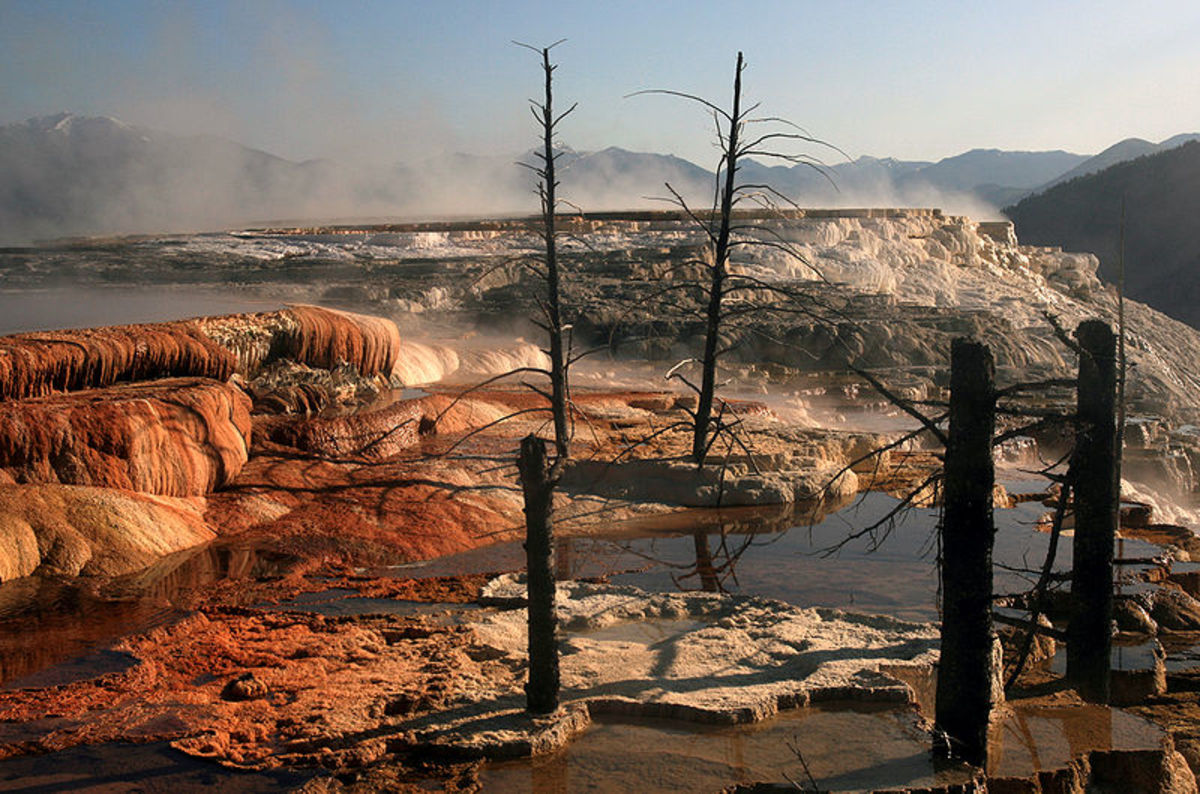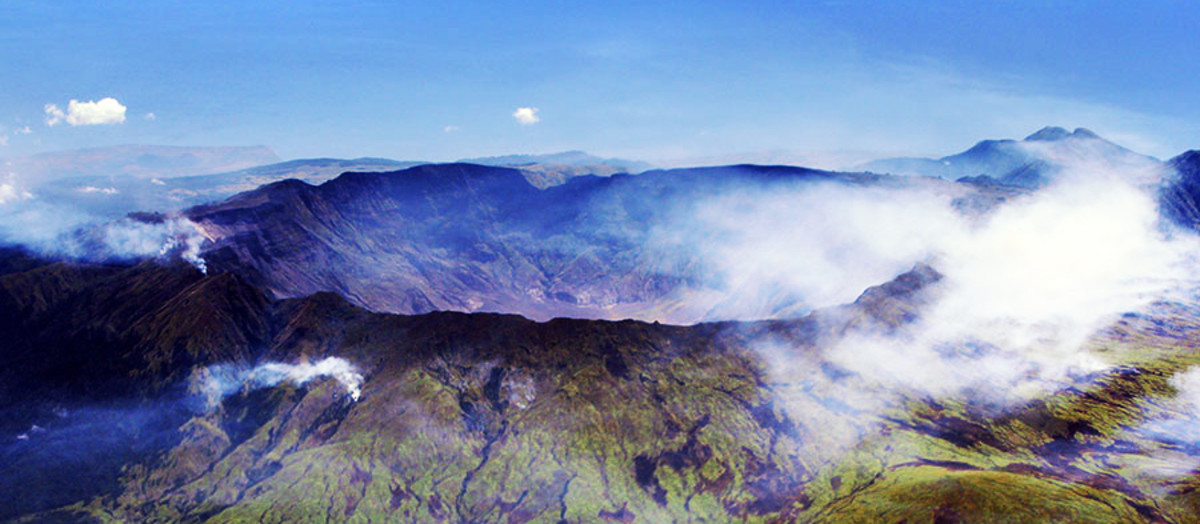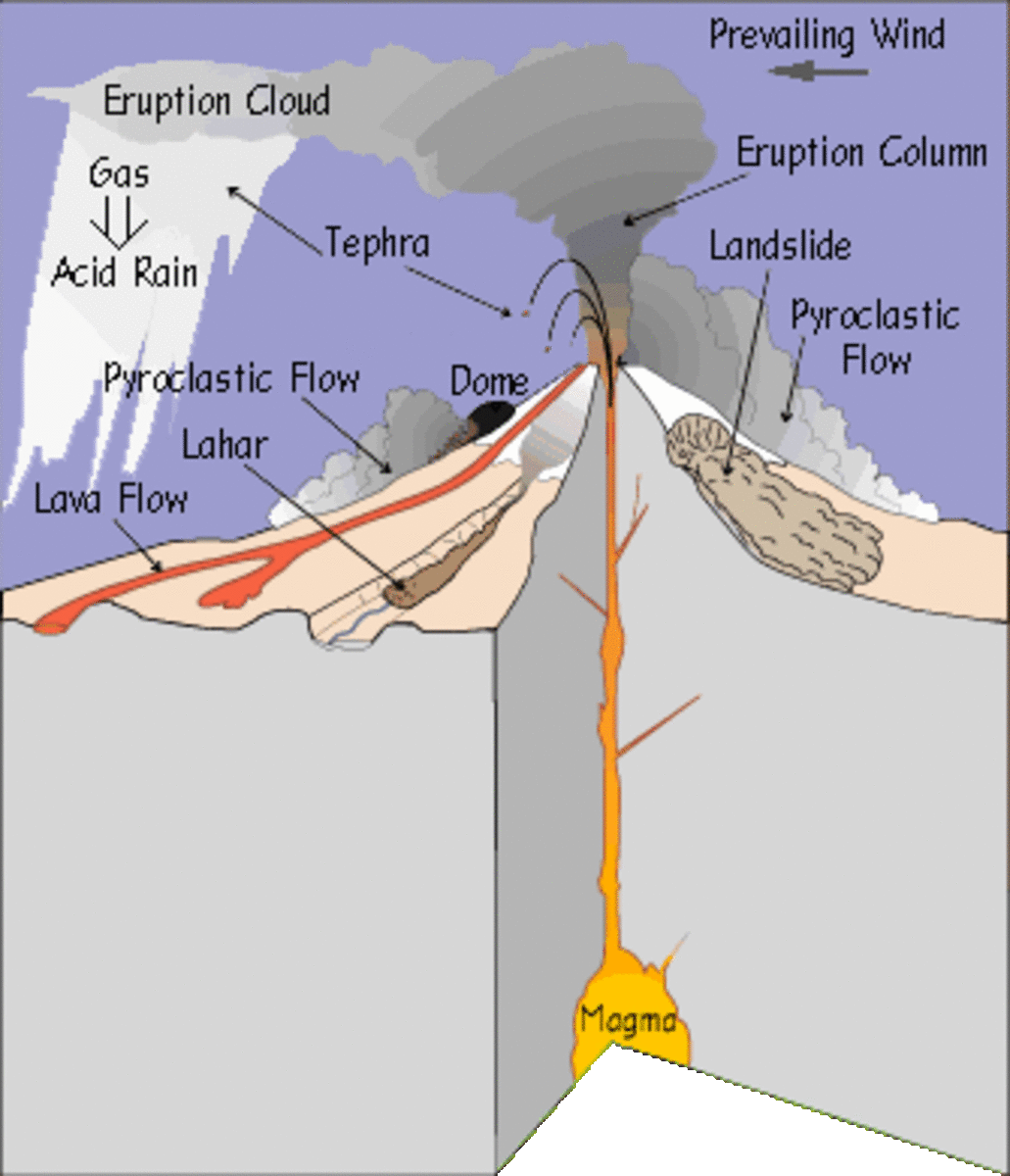Can Humans Predict Earthquakes?

Recently, in Berkeley, CA, an email was sent out that stirred some commotion. It said that geologists predicted that an earthquake was to occur in the near future. Berkeley residents were shaken by this news and began to prepare for a major quake. Because the Hayward fault cuts right through Berkeley, massive groups of people were preparing for a quake by stocking up on essentials and reinforcing their structures. What they failed to realize was that there is no way for someone to predict an earthquake. This article will explain why this is true.
If the Earth could speak...
Unfortunately, the Earth does not give us a signal before it starts to shake. Earthquakes are caused by plate tectonics, the movement of the lithosphere. The lithosphere is what most people know as the "crust" of our planet--the rocky surface that surrounds the mantle. The lithosphere is broken up into plates that slide around over the mantle. They move together, creating boundaries in between them that cause different geological formations.
For example, the Northern part of the Pacific plate is currently submerging underneath the North American plate, causing a convergent boundary and creating the Allucian Islands. When two plates have a convergent boundary, the land is being uplifted, thus creating islands, mountains or ridges.
When two plates are pulling away from each other, they have a divergent boundary. The effect of this type of movement is a rift or trench. The Red Sea rift is caused by this movement.
The most common type of plate tectonics is when two plates are sliding against one another. In this case, the boundary is called a conservative transform boundary. This type of boundary causes faults, much like the San Andreas fault, which effects Southern California.
All of these types of plate tectonics cause earthquakes. As you can imagine, it is difficult to predict when one of these earthquakes will happen because we cannot know when these plates will suddenly shift, nor how far.
Above are videos animating plate tectonics. You are probably asking why we can't predict earthquakes if we know where all of the common earthquake sites are. Well, it's not that simple. Although we know where and how these plates move, we have no way of knowing when they will effect us. The plates are always moving and we don't notice. When one slips, however, we feel a big quake and a serious of after shocks.
Being Prepared
Because we do not know when earthquakes will occur, we need to make sure we are prepared for this unexpected event. I was awoken by an earthquake in a house with post-and-pier. I simply did not know what to do except hop over to the other couch so I would be crushed by the bookcase. Do not let this happen to you. Have plan, know what to do and do not panic!
Here are some great articles on being prepared:


